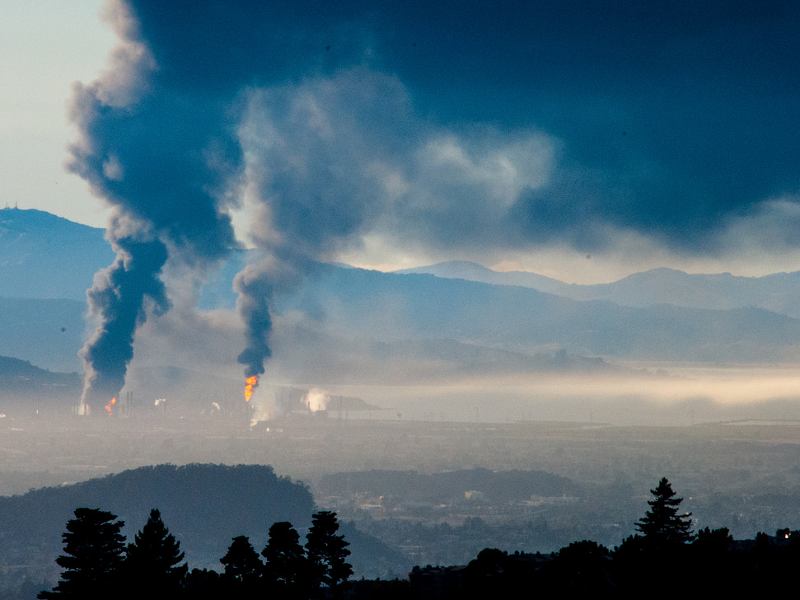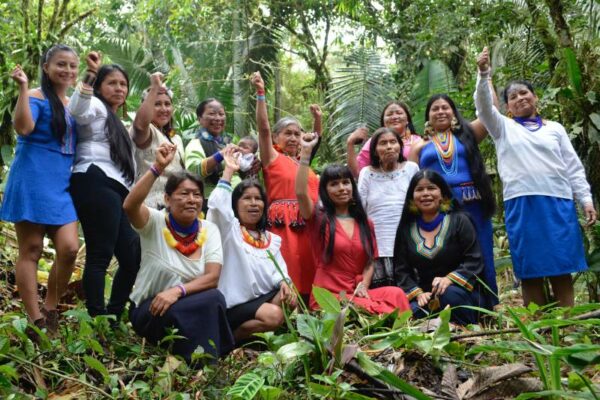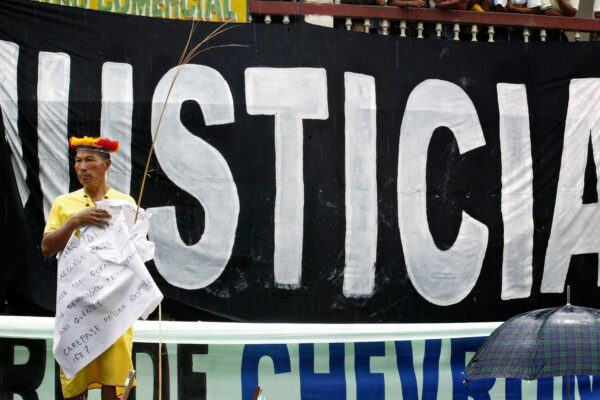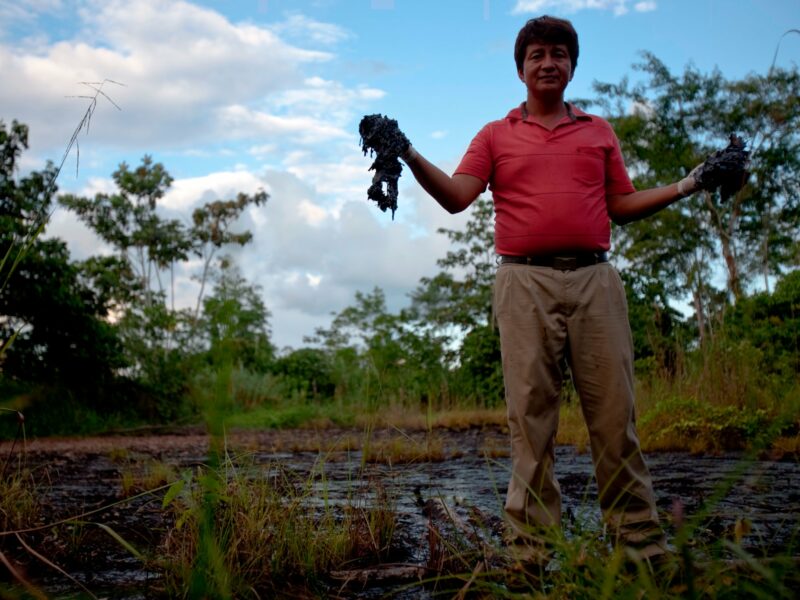
Five years ago this Sunday, a huge fireengulfed the Chevron refinery in Richmond, California. As flames shot into the air and smoke from the blaze darkened the sky, shelter-in-place warning sirens rang out across the Bay Area city. Rushing inside and closing doors and windows could not protect residents from the toxic smoke: in the aftermath of the fire, 15,000 people sought medical attention at area hospitals for respiratory problems and other related health ailments. Fortunately, no refinery workers died and only a handful suffered minor injuries.
One of the worst parts of this story is that Chevron could have prevented this fire. It was caused by a corroded pipe that should have been replaced. The City of Richmond sued Chevron for “willful negligence” and won: Chevron pled “no contest” to six criminal charges stemming from the fire and agreed to pay $2 million in fines and restitution. This represents only one particular instance of many in which theChevronCorporationhasbeenaterribleneighbor.
As you probably know, much of Amazon Watch’s organizing efforts over the years have focused on holding Chevron accountable for its legacy of destruction in the Ecuadorian Amazon. Over the course of Chevron’s operations in the country, it dumped more than 18 billion gallons of toxic wastewater, spilled about 17 million gallons of crude oil, and left hazardous waste in hundreds of open waste pits. Many of these waste pits still scar the forests and, if you dig below the surface, you might unearth oil spilled decades ago. The impacts of the this tragedy go beyond the physical landscape: community members in areas where Chevron operated continue to suffer from high rates of cancer, mysterious skin ailments, and miscarriages. The scale of this environmental disaster is almost unfathomable, as is the decades-long, multibillion dollar campaign waged by Chevron to avoid remediating the disaster.
Chevron’s role in destroying the Amazon goes beyond their past operations in the country: their refineries are currently the largest buyers and refiners of Amazon crude in California. Each day, Chevron refineries in California process about 74,000 barrels of Amazon crude, which represents about a third of all of U.S. imports of Amazon crude. In choosing to buy this toxic fuel, they are facilitating the expansion of the fossil fuel frontier into remote corners of Ecuador like Yasuní National Park. In other words, Chevron is fueling continued Amazon destruction and contributing to health problems for Californians living near its Richmond and El Segundo refineries.
In Richmond, Chevron has paid millions of dollars to individuals to cover medical expenses and other claims related to the fire, and tries to paint bad operational practices as a thing of the past. Yet the Chevron Richmond refinery remains the second largest greenhouse gas polluter in the state, releases hazardous air pollutants (HAPS) associated with negative health impacts for local communities, and spends millions of dollars to oppose strong statewide environmental legislation each year.
There are countless actions that Chevron can and should take to be a less terrible neighbor and a better actor on the world stage. Two straightforward ones: stop purchasing and refining Amazon crude and stop fighting a greenhouse gas emissions cap on its Richmond refinery.
The positive flipside of Chevron’s insistence on continuing down this destructive path is that it brings people together in resistance. To mark the one-year anniversary of the Richmond fire, thousands of people marched to the refinery to protest unsafe conditions and call for a transition to renewable energy, and over 200 people were arrested. The event helped inspire to a series of sixteen refinery corridor healing walks organized by IdleNoMore SF Bay and led to the creation of the Sunflower Alliance, a coalition of people working toward environmental justice in the Bay Area. Activists in the Richmond Progressive Alliance (RPA) redoubled their efforts to take control of city government away from Chevron. Chevron spent millions of dollars in 2014 trying to elect company candidates and lost, makingnationalnews. This past November, members of RPA successfully won control of Richmond City Council.
The fight for justice in Ecuador also continues, over twenty years after lawyers representing people affected by Chevron’s operations in Ecuador first sued the company in 1993. At annual shareholder meetings, activists speak out against the company’s disregard for human rights and environmental health, and we hold an #AntiChevron day of action to voice our collective concerns and tell the story of Chevron’s actions far and wide.
We will not allow the environmental and public health disasters created by Chevron to go unnoticed. We will remember their toxic and continued destruction. And we will continue to fight.













